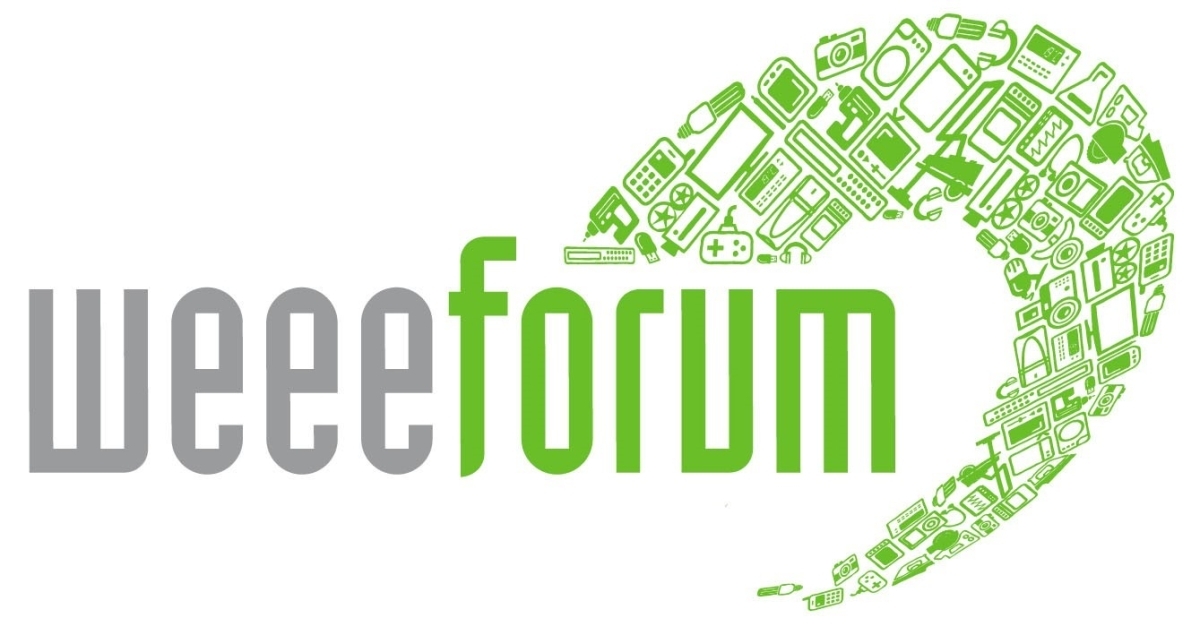WEEE Forum calls for overhaul of EU e-waste management policies
13.06.2025In light of the upcoming review of the Waste Electrical and Electronic Equipment (WEEE) Directive, the WEEE Forum has, together with Deloitte, published a new study urging the European Commission to adopt a more ambitious, realistic and circularity-driven approach to setting WEEE management targets.
 The current WEEE collection target methodology, based on the average weight of electrical and electronic equipment (EEE) placed on the market in the three preceding years, is no longer fit for purpose. Rapid technological changes and longer product lifetimes have rendered the current approach meaningless and the targets unachievable.
The current WEEE collection target methodology, based on the average weight of electrical and electronic equipment (EEE) placed on the market in the three preceding years, is no longer fit for purpose. Rapid technological changes and longer product lifetimes have rendered the current approach meaningless and the targets unachievable.
The study recommends transitioning towards a more robust yet simplified method to set collection targets, based on WEEE actually generated, aligning better with market fluctuations and circular economy goals.
To support the Commission’s work under the proposal for a Circular Economy Act expected in 2026, the study also suggests:
- A multi-target framework addressing not only collection volumes, but also service quality, preparation for reuse, reduction of illegal parallel flows, enhanced recycling of (critical) raw materials, and awareness-raising.
- The adoption of the ‘all actors’ principle, holding everybody in the value chain that governs or has access to e-waste – producers, retailers, municipalities, recyclers, refurbishers, consumers, customs, enforcement agencies – accountable for WEEE management and calling for collaborative action.
The WEEE Forum’s recommendations form part of its contribution to the Commission’s mandated review of WEEE legislation, due by 31 December 2026.
On 2 June 90 experts and policy makers gathered in European Parliament for the launch of the study and a panel discussion around unlocking circularity and access to raw materials through practical e-waste collection.
Nathalie Yserd, Vice President WEEE Forum, commented “It is widely acknowledged that the current 65 % collection target method based on quantities of products placed on the market in the preceding three years is neither accurate nor achievable and should not be used to monitor infringements by Member States. We need a new approach to setting targets that also foster circularity. This research shows us how to do that.”
Bruno Vermoesen, President of Recupel, added that “The future collection rate calculation method must consider the varying lifespans of products covered by the revised WEEE Directive. It should be grounded in a robust yet practical approach. Collection targets should be established in an intelligent manner, reflecting the market realities across all 27 Member States.”
MEP Bruno Tobback (S&D, Belgium), the host of the event, highlighted how the new legislation should fit into Circular Economy practical implementation: "We need a next-generation WEEE framework, one that really works on the ground and is closely linked to the Circular Economy Act and the strategy behind it. One that keeps our materials and our jobs here. By better harmonizing and organizing the collection, transport, repair, re-use and recycling of our valuable resources we keep our value and our industry in Europe. Circularity is not only the right thing to do for our climate and our environment. It is the only smart thing to do for our industrial resilience, our competitiveness and our prosperity."
Pascal Leroy, Director General WEEE Forum insisted that “The WEEE Forum calls for collaborative action: the Extended Producer Responsibility principle must be reimagined to reflect the reality that producers are not the only actors that have access to end-of-use electronics.”
